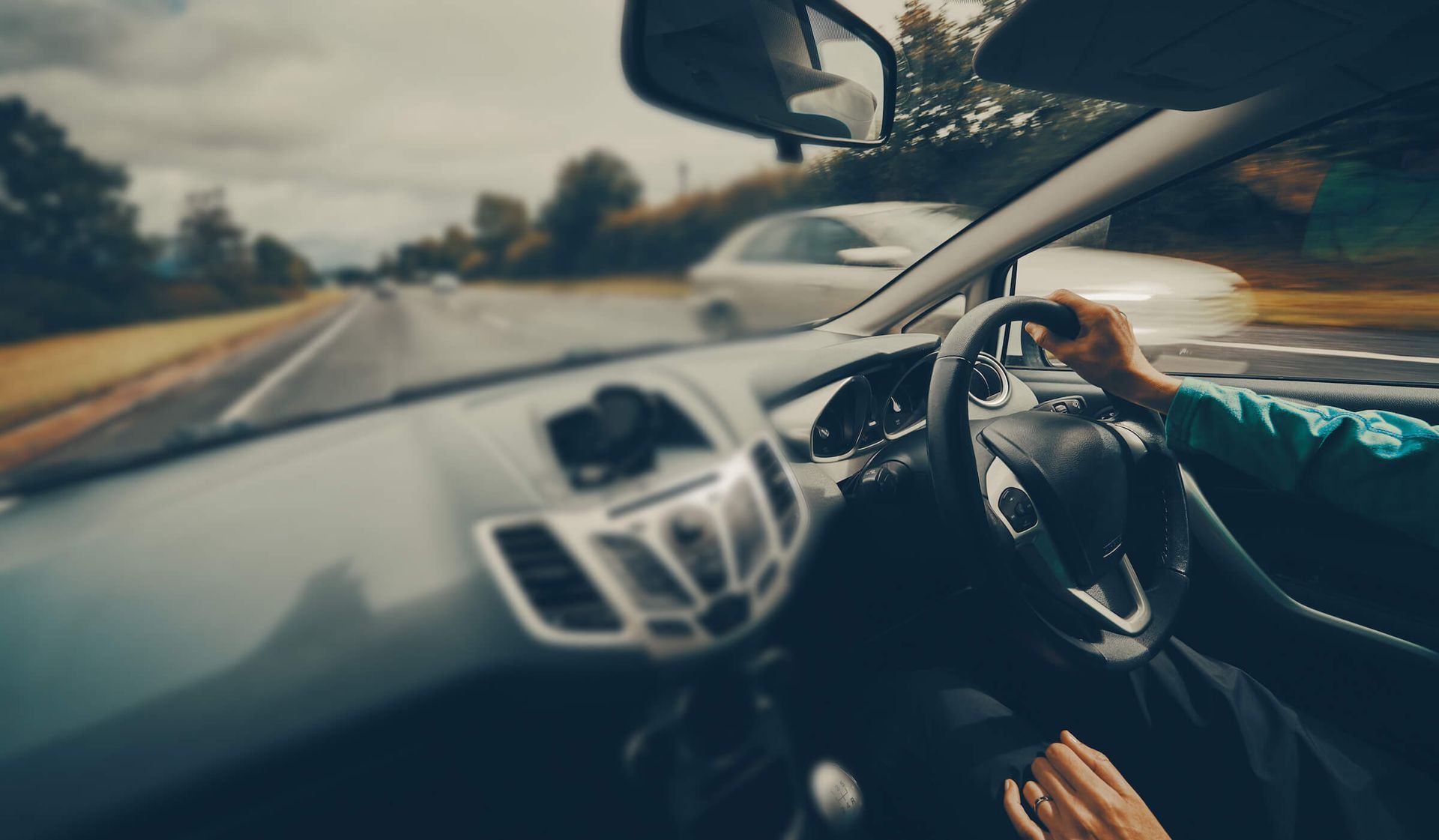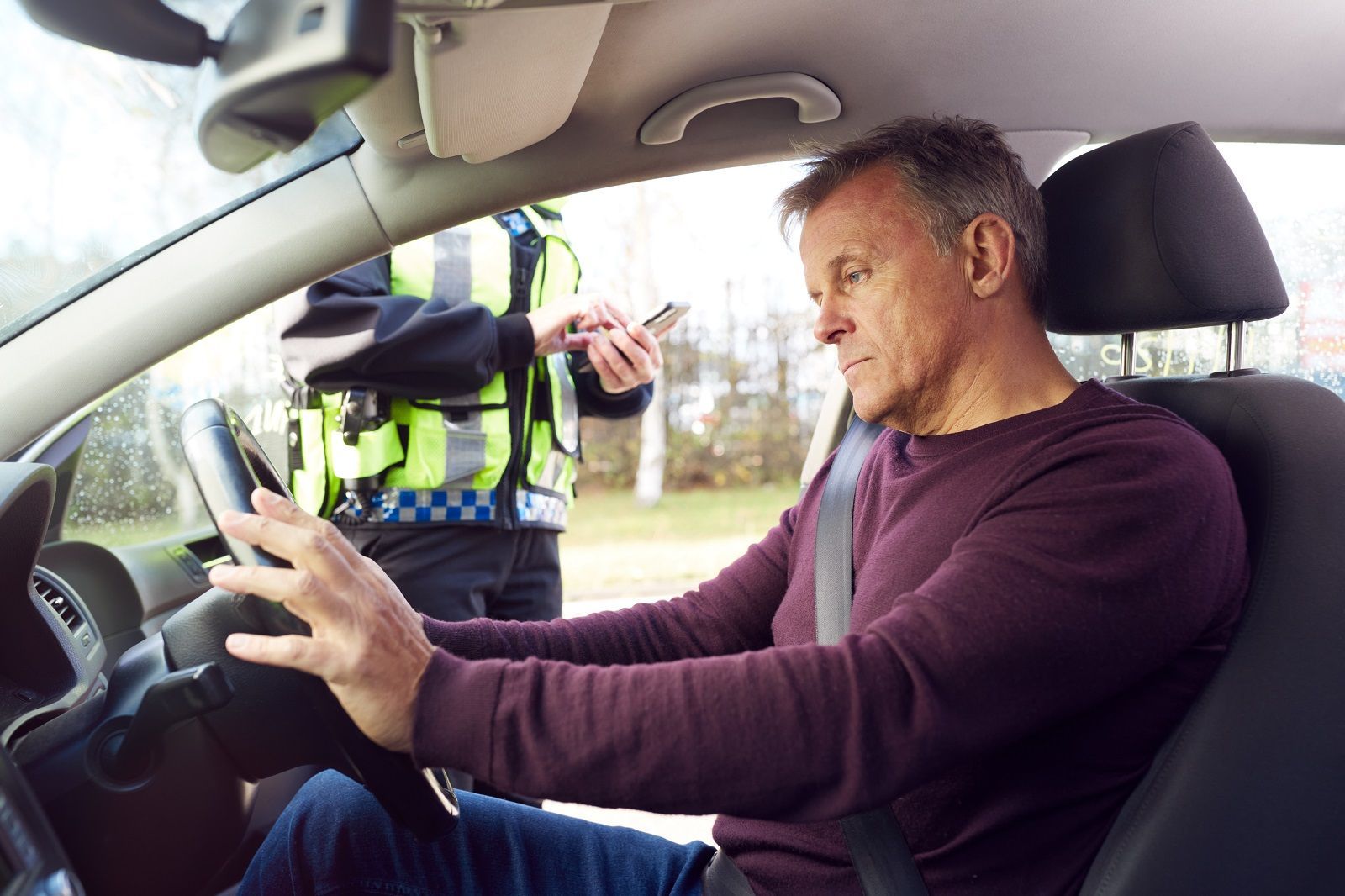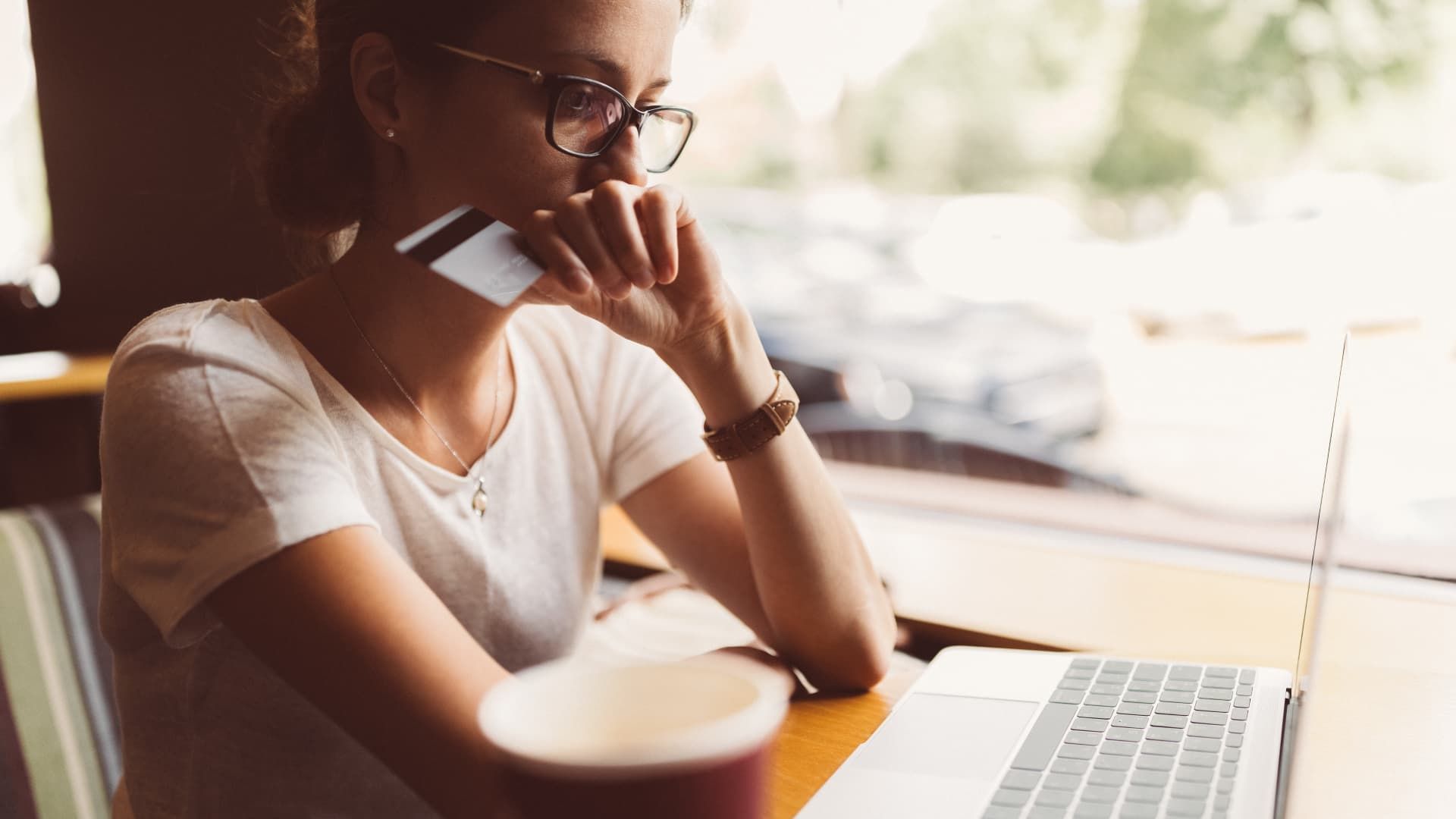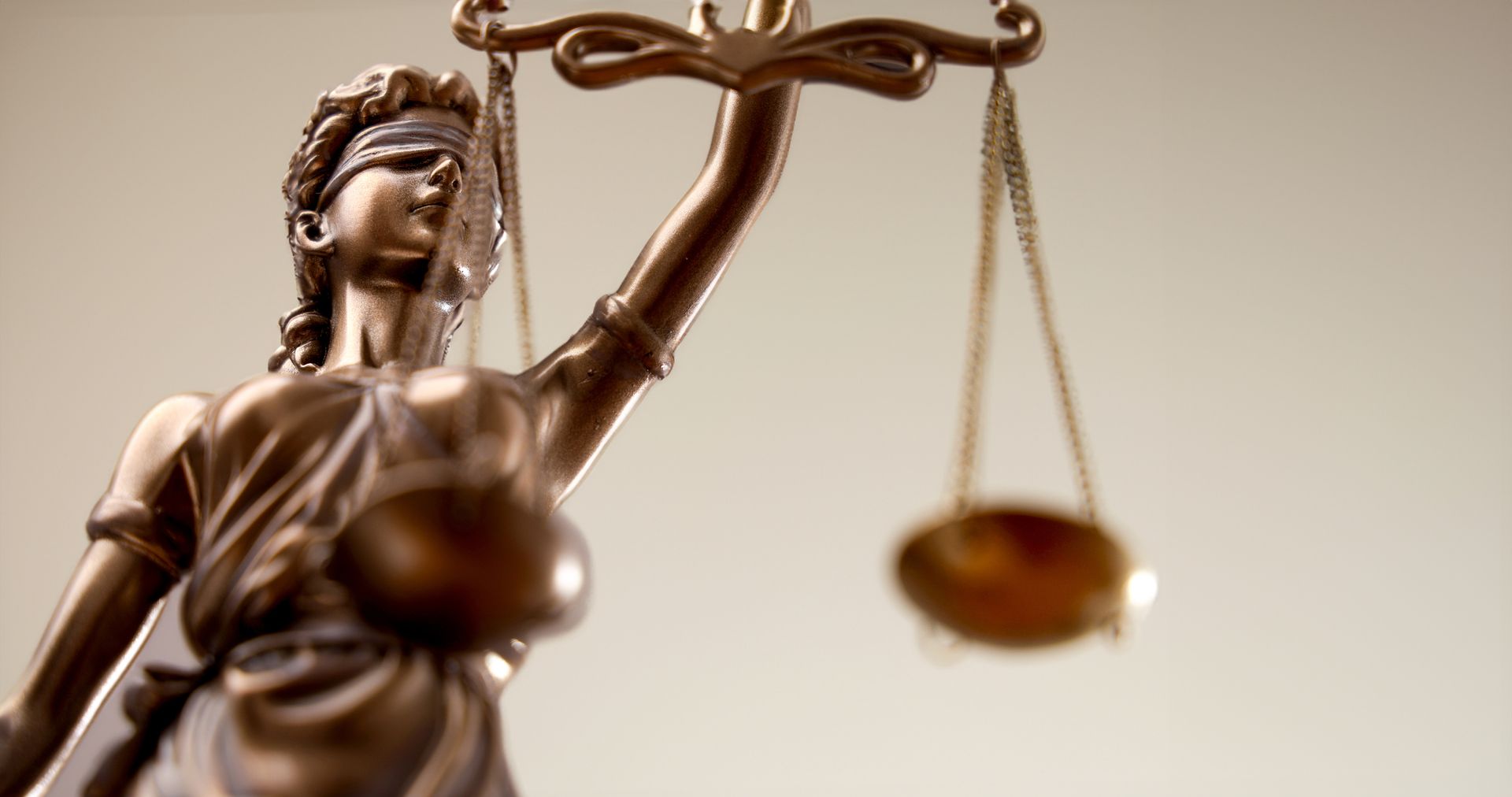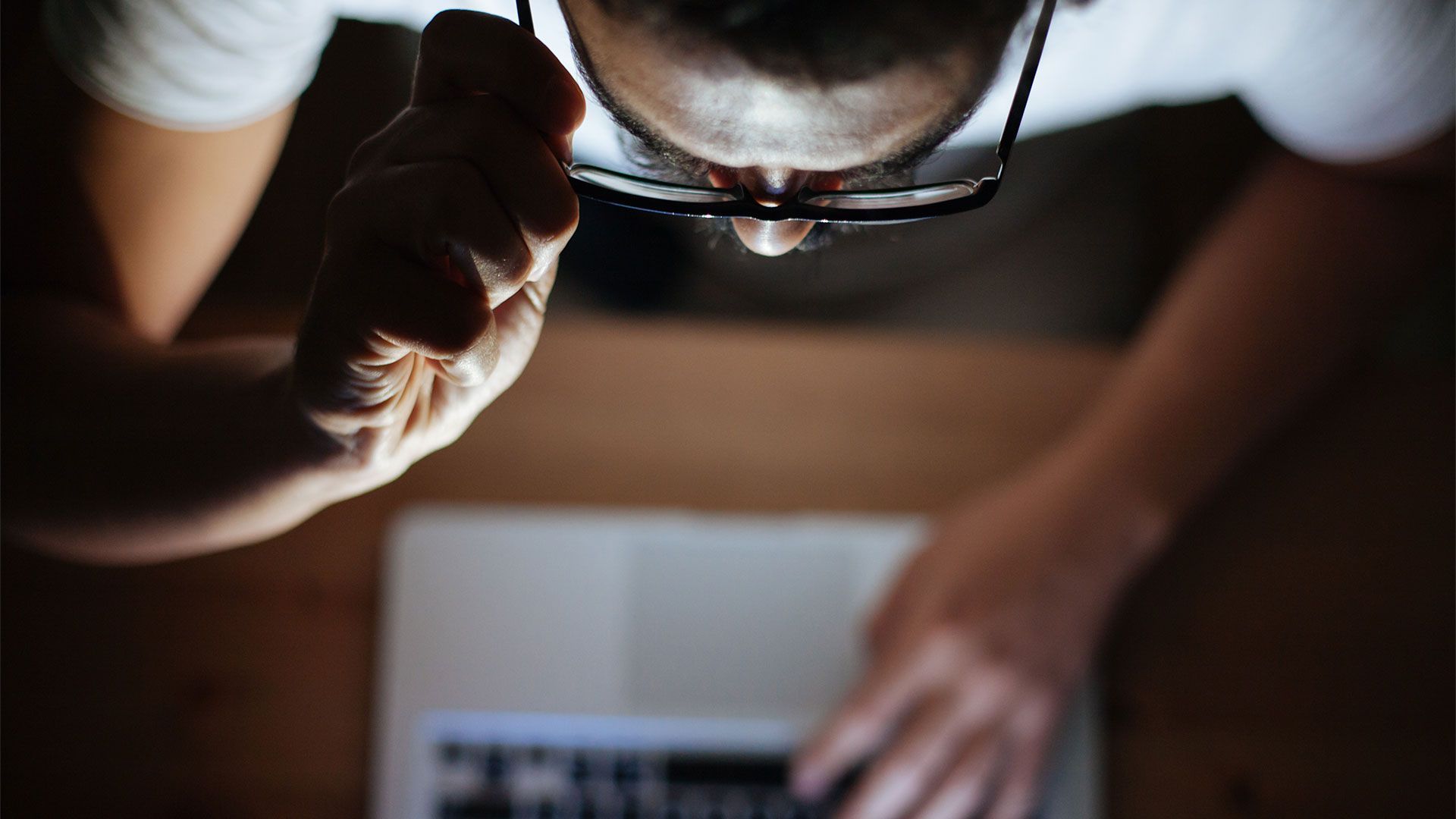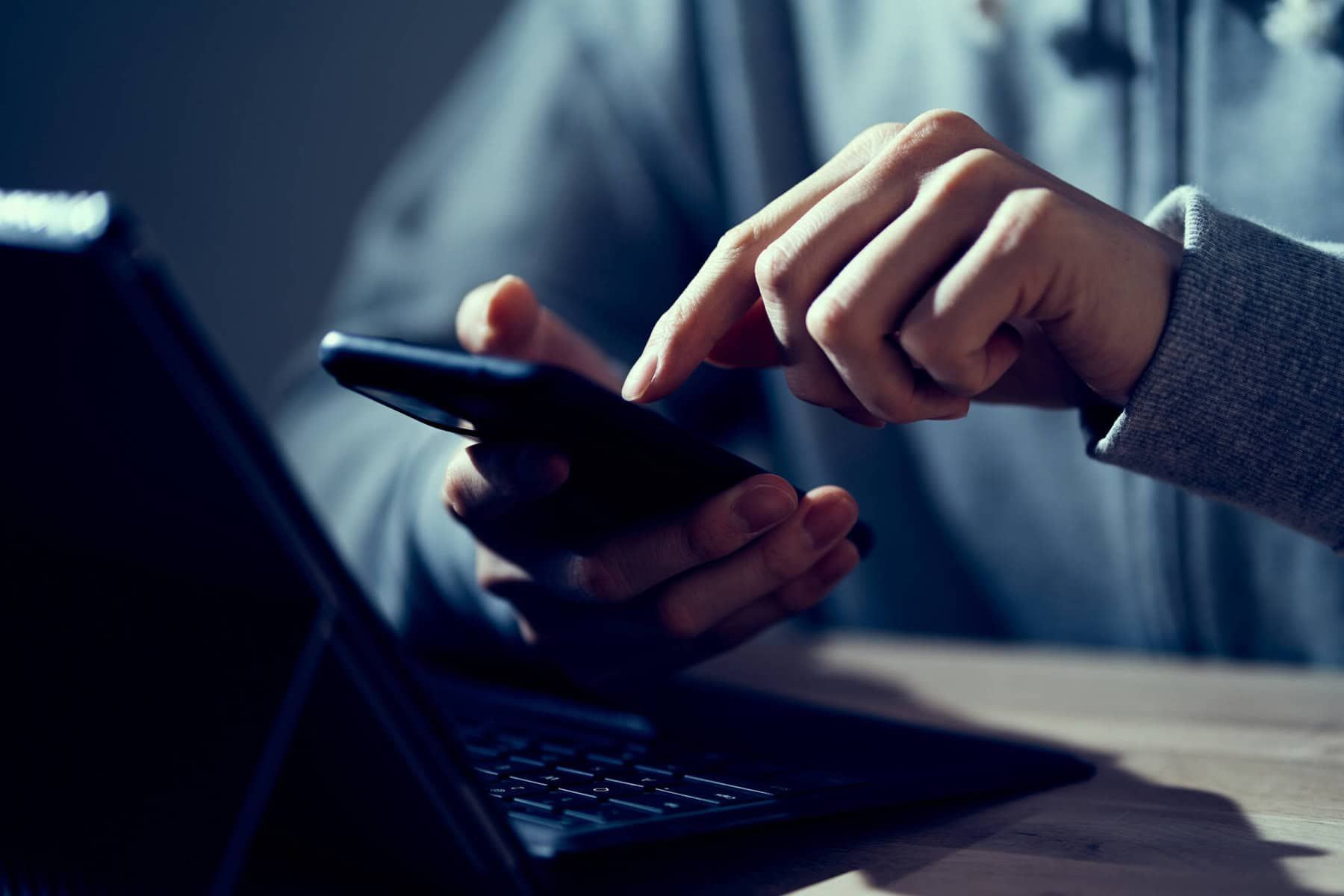The Morning After: Should I Drive After a Night Out?
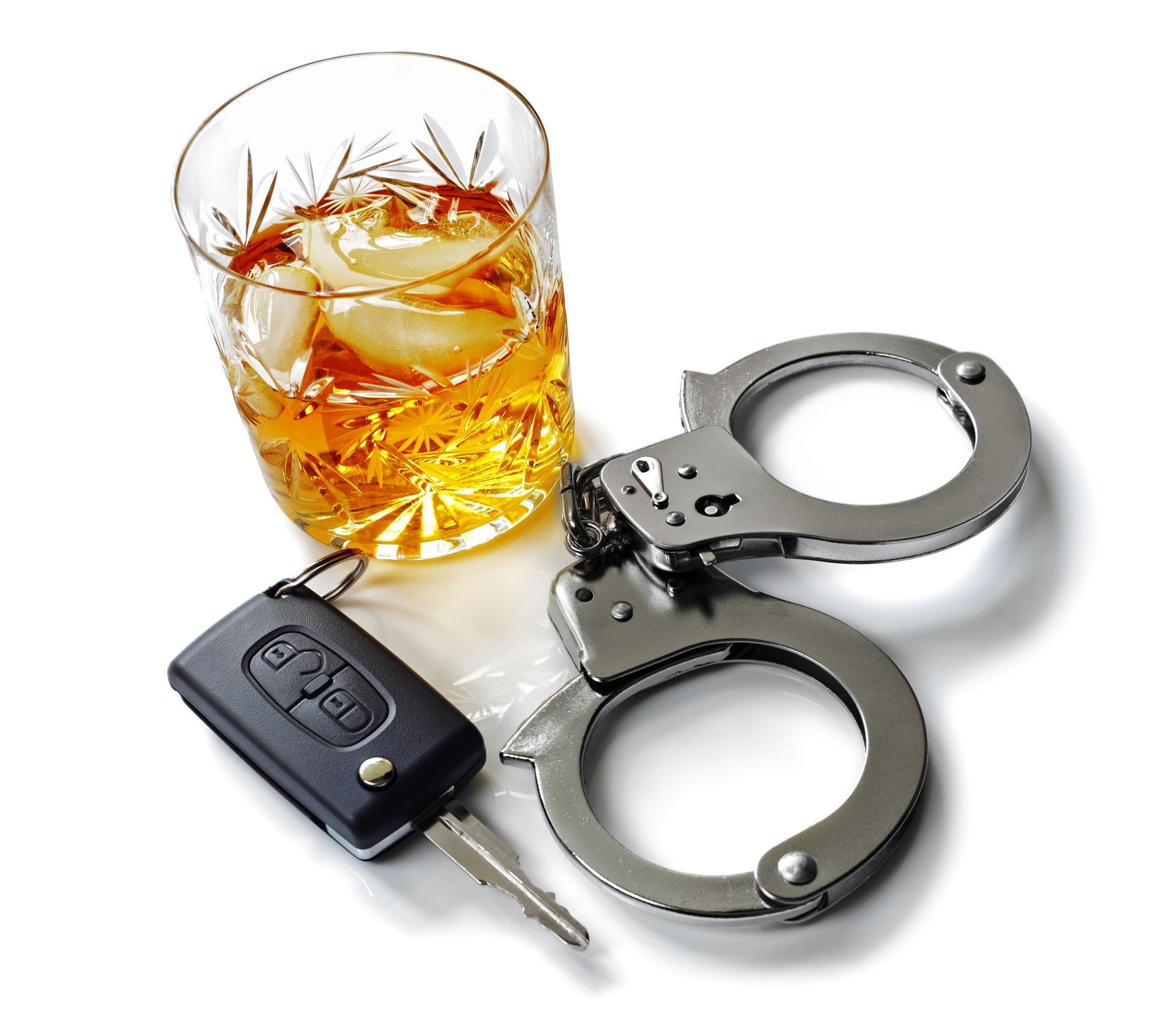
Whether it was a night out on the town, a party with friends or a big celebration, many of us have been faced with the same question the morning after drinking: “am I okay to drive?”. While we might feel fine to get behind the wheel - road safety charity Brake even reported that many motorists believe that if they’ve had some sleep following their drinking session, they’ll be alright to drive afterwards - the reality is that many of these drivers will still be over the legal alcohol limit.
With drunk drivers causing an estimated 240 deaths and more than 8,000 casualties a year it’s crucial to consider the potential consequences, both personal and legal, of driving after a night out.
Legal Consequences
Driving under the influence of alcohol or drugs is a serious offence with severe legal consequences. Not only does it endanger your life and the lives of others on the road, but it can also lead to hefty fines, licence suspension and even imprisonment. Recognizing the gravity of the situation is the first step towards making informed decisions about getting behind the wheel after a night out.
Personal Consequences
While the legal consequences should already be a pretty big deterrent, it's equally important to consider your personal well-being and the safety of others on the road. Alcohol and certain substances can impair your judgement, coordination and reaction time, making you a danger to yourself and others. It's essential to be aware of your limits and recognise when you are not fit to drive.
How Long Does Alcohol Take to Leave My Body?
Alcohol is removed from your blood at a rate of around one unit per hour, although this can vary from person to person. The speed with which your body processes alcohol can depend on a variety of factors, including your size, gender, age, metabolism, how much food you’ve eaten and your liver health. If you’re taking medication, this could also have an impact.
How Can I Speed Up the Process So I Can Drive?
From downing water to having a big fry up, everyone has their own tips and tricks for sobering up. But while these methods might make you feel less drunk, they don’t actually speed up the time it takes for alcohol to leave your body. Frustratingly, it’s simply a case of being patient and waiting it out til the alcohol is completely gone.
If you do need to get somewhere quickly, instead of taking the risk of driving under the influence, explore alternatives. Rideshare services, public transport or designated drivers are all viable choices that prioritise safety. Planning ahead for a safe way to get around can save you from legal troubles and, more importantly, prevent accidents that could have life-altering consequences.
Need Legal Representation for a Road Traffic Offence?
If you find yourself facing the aftermath of a regrettable decision, don't face it alone. Choose Lefevre Litigation today for expert legal representation in Aberdeen. Our team of
experienced road traffic lawyers is dedicated to helping you secure the best possible outcome for your case.
Get in touch with us for more information about our services.


